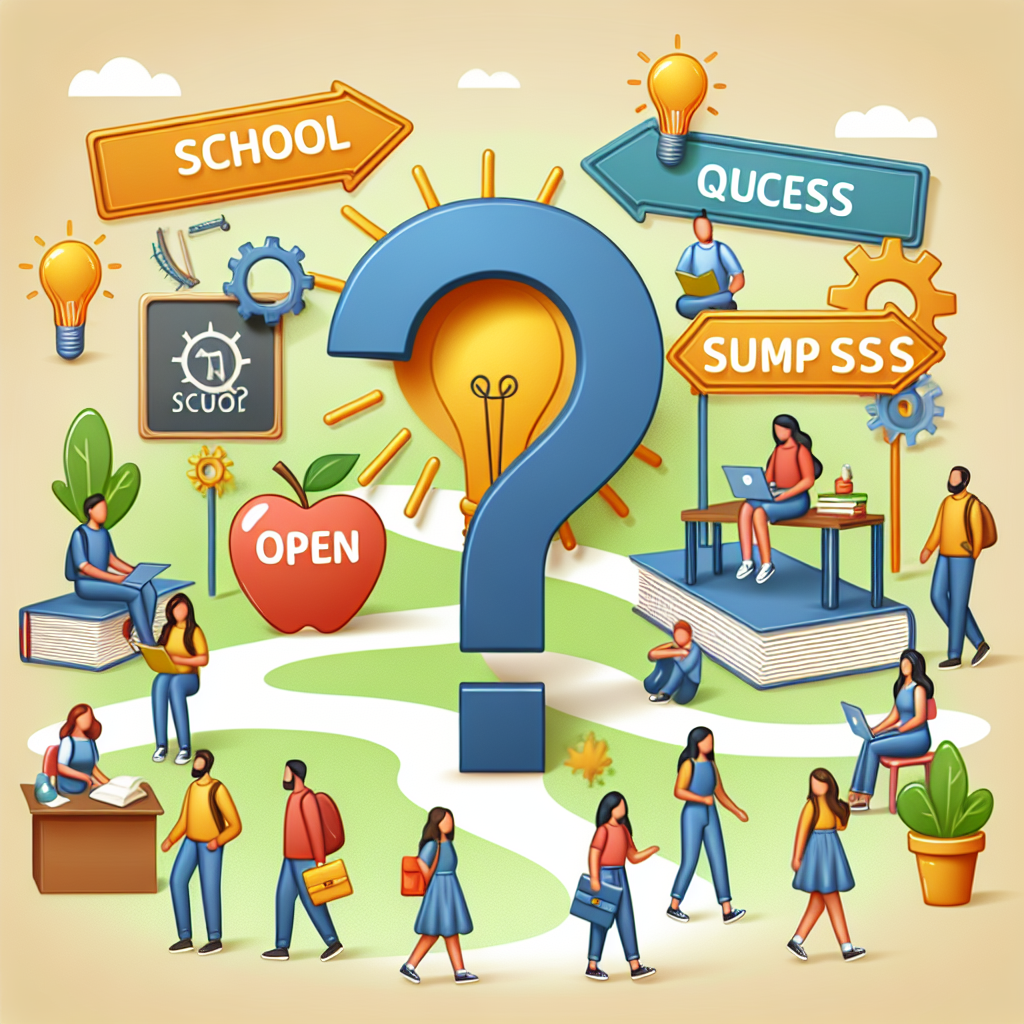Узнайте больше о возможностях обучения для взрослых и получите ответы на все ваши вопросы про школу для взрослых! Посетите наш сайт для подробной информации.
Understanding Adult Education: Key Questions and Insights

Adult education, often referred to as “вопросы про школу для взрослых” in Russian, is a critical component of lifelong learning. It encompasses a wide range of educational activities designed to meet the needs of adults who wish to continue their education, improve their skills, or pursue new career paths. This article explores the essential questions surrounding adult education, providing valuable insights and examples to help readers understand its significance and impact.
What is Adult Education?
Adult education refers to the practice of teaching and educating adults. Unlike traditional education systems that focus on children and young adults, adult education is tailored to meet the unique needs and circumstances of adult learners. It includes various forms of learning, such as vocational training, professional development, literacy programs, and personal enrichment courses.
Why is Adult Education Important?
Adult education plays a crucial role in personal and professional development. Here are some reasons why it is important:
- Economic Growth: By equipping adults with new skills and knowledge, adult education contributes to economic growth and competitiveness.
- Social Inclusion: It promotes social inclusion by providing opportunities for marginalized groups to improve their education and employment prospects.
- Personal Fulfillment: Many adults pursue education for personal satisfaction, intellectual stimulation, and the joy of learning.
- Adaptability: In a rapidly changing world, adult education helps individuals adapt to new technologies and job requirements.
Types of Adult Education Programs
Adult education encompasses a wide range of programs designed to meet diverse needs. Some of the most common types include:
- Vocational Training: These programs focus on providing specific skills and knowledge required for particular trades or professions.
- Continuing Education: Often offered by universities and colleges, these courses allow adults to continue their education in various fields.
- Literacy and Basic Skills: Programs aimed at improving literacy, numeracy, and basic skills for adults who may have missed out on formal education.
- Online Learning: With the rise of digital technology, online courses have become a popular option for adult learners seeking flexibility.
Challenges Faced by Adult Learners
Despite the benefits, adult learners often face several challenges that can hinder their educational pursuits. These challenges include:
- Time Constraints: Balancing work, family, and education can be challenging for many adults.
- Financial Barriers: The cost of education can be a significant obstacle for adult learners, especially those with limited financial resources.
- Lack of Confidence: Some adults may feel intimidated by returning to an educational setting after a long absence.
- Access to Resources: Limited access to educational resources and support services can impede learning.
Case Studies: Successful Adult Education Programs
Several successful adult education programs worldwide demonstrate the transformative power of lifelong learning. Here are a few examples:
1. The Open University (UK)
The Open University in the United Kingdom is a pioneer in distance learning, offering flexible and accessible education to adults. With a wide range of courses and degrees available online, it has enabled thousands of adults to pursue higher education while balancing other commitments.
2. GED Programs (USA)
The General Educational Development (GED) program in the United States provides a second chance for adults who did not complete high school. By passing the GED tests, individuals can earn a high school equivalency credential, opening doors to further education and employment opportunities.
3. Adult Literacy Programs (India)
In India, adult literacy programs have been instrumental in improving literacy rates among adults, particularly in rural areas. These programs focus on teaching basic reading, writing, and arithmetic skills, empowering individuals to participate more fully in society.
Statistics on Adult Education
Statistics provide valuable insights into the state of adult education globally. Here are some key figures:
- According to UNESCO, approximately 750 million adults worldwide lack basic literacy skills, with two-thirds being women.
- The European Union reports that around 10% of adults participate in lifelong learning activities annually.
- In the United States, the National Center for Education Statistics (NCES) found that 27% of adults aged 25-64 participated in formal or non-formal education in 2019.
Strategies to Enhance Adult Education
To overcome challenges and enhance adult education, several strategies can be implemented:
- Flexible Learning Options: Offering flexible schedules and online courses can help adults balance education with other responsibilities.
- Financial Support: Providing scholarships, grants, and affordable tuition options can reduce financial barriers.
- Support Services: Offering counseling, mentoring, and academic support can boost confidence and motivation among adult learners.
- Community Engagement: Involving local communities in adult education initiatives can increase participation and support.
Conclusion
Adult education is a vital component of lifelong learning, offering numerous benefits to individuals and society as a whole. By addressing the unique needs and challenges of adult learners, educational institutions and policymakers can create more inclusive and effective programs. As the demand for skilled workers continues to grow, investing in adult education will be crucial for economic development, social inclusion, and personal fulfillment. By understanding the key questions and insights surrounding adult education, we can better appreciate its importance and work towards a more educated and empowered society.
